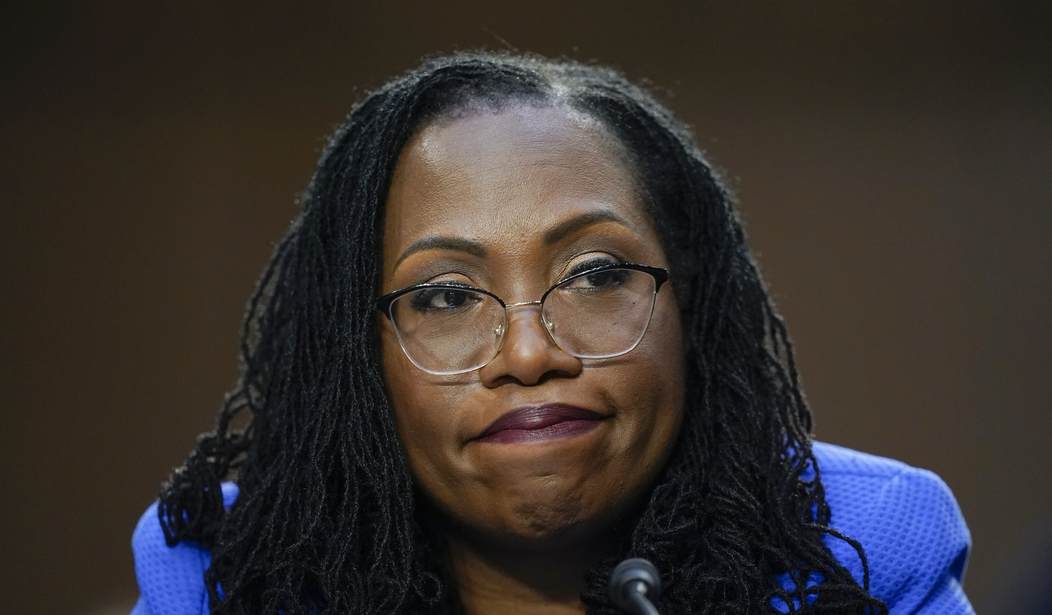"What is a woman?"
That's the basic question Republican Senator Marsha Blackburn asked Judge Ketanji Brown Jackson during Supreme Court confirmation hearings on Capitol Hill this week. Shockingly, Jackson refused to answer and essentially said she was unqualified to give a definition of the term because she "isn't a biologist." Ironically, Jackson's failure to provide a definition runs contrary to the basis of her nomination. After all, President Joe Biden promised back in 2020 that if given the opportunity, he would nominate a black woman to the Supreme Court. In February, with the retirement of Justice Stephen Breyer, he did just that.
"President Biden will announce his intent to nominate Judge Ketanji Brown Jackson as Associate Justice of the U.S. Supreme Court. Currently a judge on the U.S. Court of Appeals for the D.C. Circuit, Judge Jackson is one of the nation's brightest legal minds. If confirmed, she will be the first Black woman to serve on the Supreme Court," the White House released in a statement at the time.
Jackson could have easily answered Blackburn's question in a number of ways. The easiest would have been to say, "I am a woman." She could have said, "What is a woman? A human adult female with XX chromosomes." Instead, she punted to avoid upsetting her far left, Demand Justice supporters. After all, they're the ones who pressured Biden into nominating her over other more moderate candidates on his list.
By claiming she couldn't define the term "woman" because she "isn't a biologist," Jackson disqualified herself on an endless number of issues. Can she no longer determine environmental cases at the Supreme Court because she isn't an environmentalist? What about issues pertaining to the U.S. military, since she isn't a soldier? Healthcare cases because she isn't a doctor? This is the standard she set for herself.
Recommended
If Jackson is not willing to give a definition — or worse — willing to distort the definition of a basic fact like "what is a woman," how is she supposed to accurately interpret the U.S. Constitution? If confirmed, Americans will entrust her with looking at the law and interpreting what the laws intend, not making up or tossing aside factual definitions.
With her answer, "I'm not a biologist," Jackson exposed herself as someone willing to simply change her opinions or definitions based on far-left political whims. This makes her incapable of being faithful and loyal to the law. What do laws mean if the words they are made of are meaningless? Or manipulated to fit a political agenda that has no place in Supreme Court decision-making.
The question asked by Blackburn wasn't a flippant one but crucial to the integrity of the American legal system. Women are broadly and deeply embedded in the law. Abortion law, discrimination legislation and Title IX are just a few examples.
Jackson is supposed to be an expert in assessing the law through the language in which it is written. If she can't accurately define what a woman is, how can she be trusted not to make law from the bench? The answer is, she cannot.

























